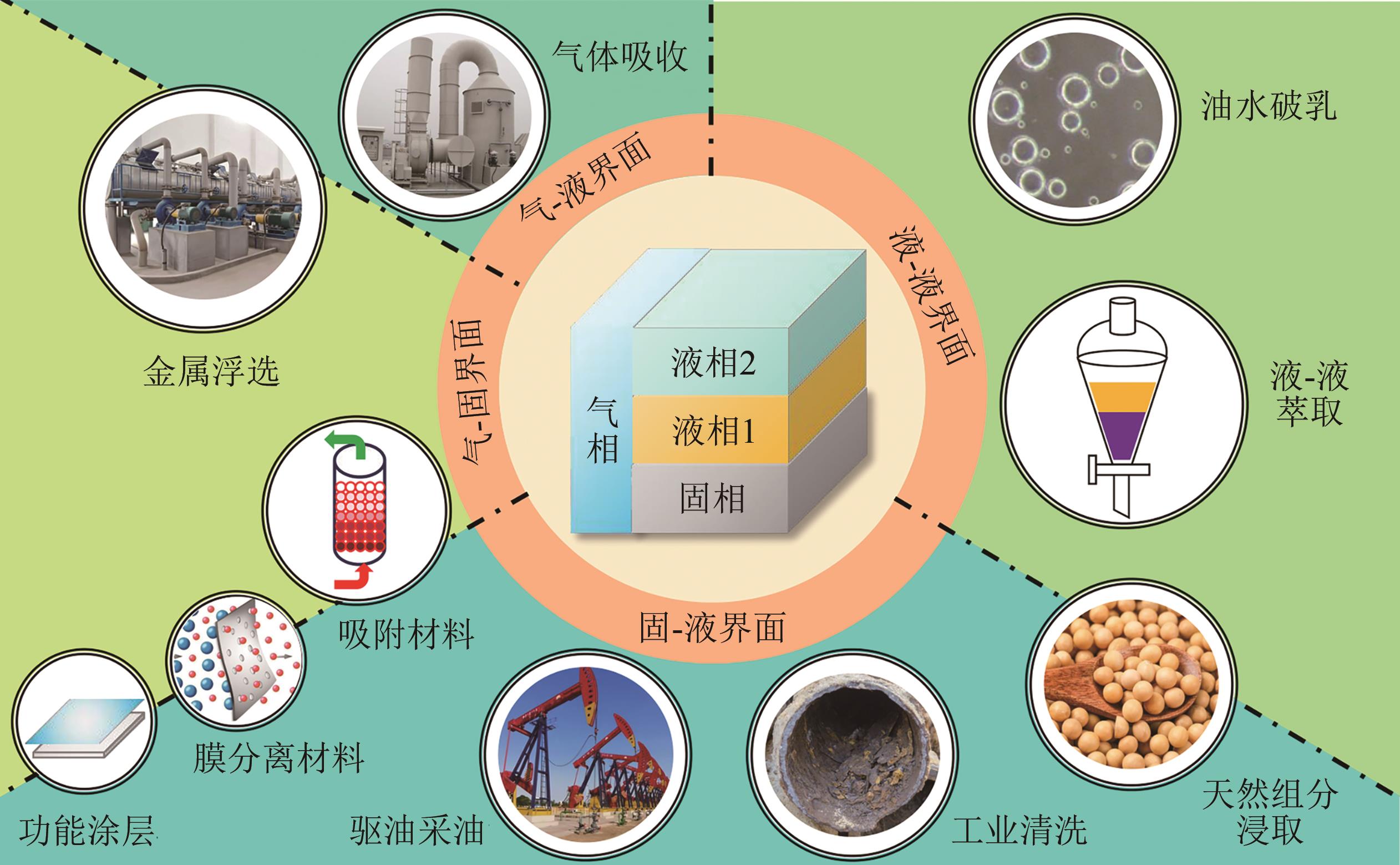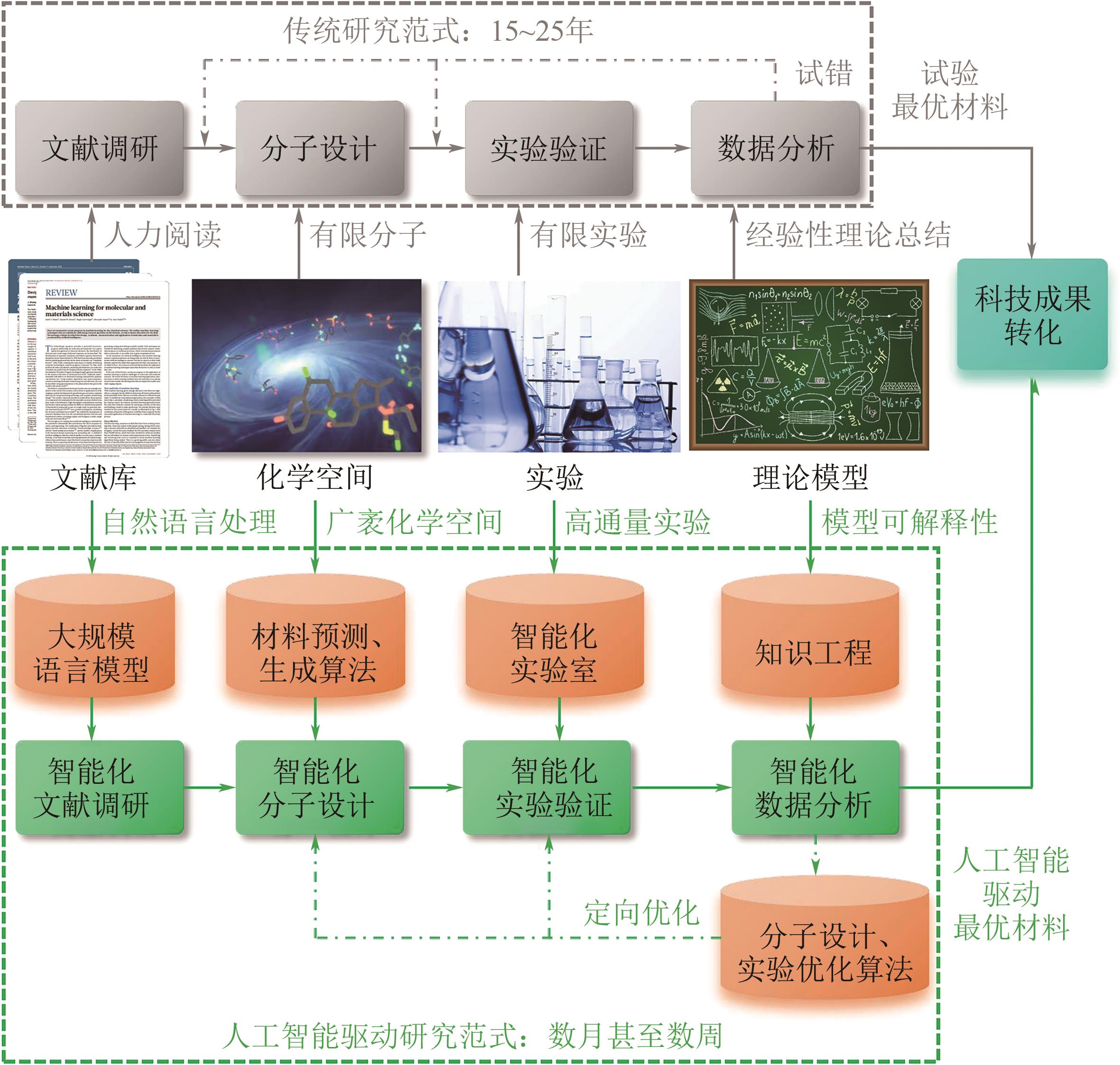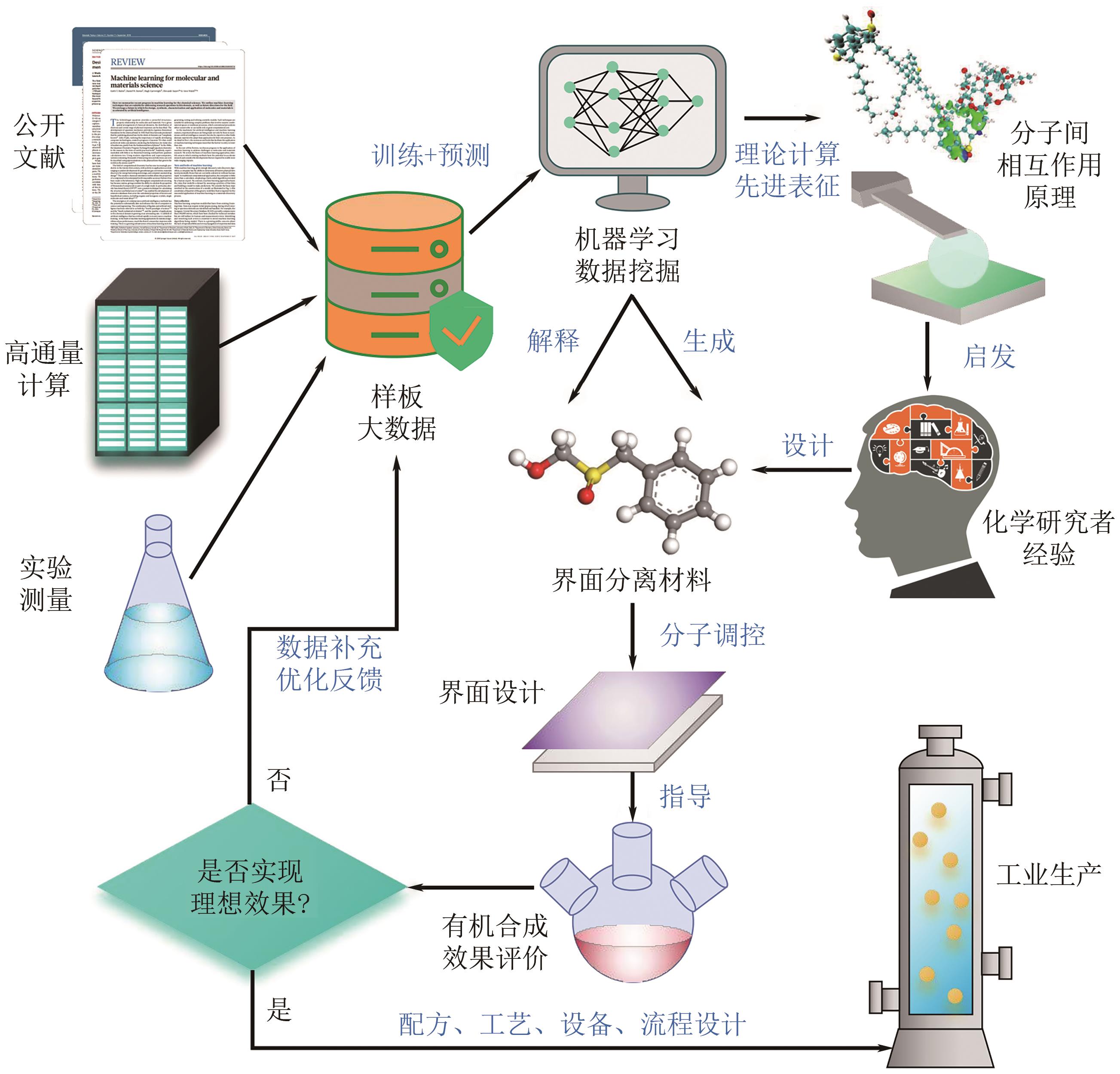| 1 |
BUTLER Keith T, DAVIES Daniel W, CARTWRIGHT Hugh, et al. Machine learning for molecular and materials science[J]. Nature, 2018, 559: 547-555.
|
| 2 |
BURGER B, MAFFETTONE P M, GUSEV V V, et al. A mobile robotic chemist[J]. Nature, 2020, 583(7815): 237-241.
|
| 3 |
BOIKO Daniil A, MACKNIGHT Robert, KLINE Ben, et al. Autonomous chemical research with large language models[J]. Nature, 2023, 624: 570-578.
|
| 4 |
LE Tu, Chandana EPA V, BURDEN Frank R, et al. Quantitative structure-property relationship modeling of diverse materials properties[J]. Chemical Reviews, 2012, 112(5): 2889-2919.
|
| 5 |
KEARNES Steven, MCCLOSKEY Kevin, BERNDL Marc, et al. Molecular graph convolutions: Moving beyond fingerprints[J]. Journal of Computer-Aided Molecular Design, 2016, 30(8): 595-608.
|
| 6 |
Benjamin SANCHEZ-LENGELING, Alán ASPURU-GUZIK. Inverse molecular design using machine learning: Generative models for matter engineering[J]. Science, 2018, 361(6400): 360-365.
|
| 7 |
吴正浩, 周天航, 蓝兴英, 等. 人工智能驱动化学品创新设计的实践与展望[J]. 化工进展, 2023, 42(8): 3910-3916.
|
|
WU Zhenghao, ZHOU Tianhang, LAN Xingying, et al. AI-driven innovative design of chemicals in practice and perspective[J]. Chemical Industry and Engineering Progress, 2023, 42(8): 3910-3916.
|
| 8 |
周天航, 蓝兴英, 徐春明. 人工智能加速聚合物设计的最新进展和未来前景[J]. 化工学报, 2023, 74(1): 14-28.
|
|
ZHOU Tianhang, LAN Xingying, XU Chunming. Artificial intelligence for accelerating polymer design: Recent advances and future perspectives[J]. CIESC Journal, 2023, 74(1): 14-28.
|
| 9 |
JOSHUA Schrier, NORQUIST Alexander J, TONIO Buonassisi, et al. In pursuit of the exceptional: Research directions for machine learning in chemical and materials science[J]. Journal of the American Chemical Society, 2023, 145(40): 21699-21716.
|
| 10 |
ZHANG Jiawen, ZENG Hongbo. Intermolecular and surface interactions in engineering processes[J]. Engineering, 2021, 7(1): 63-83.
|
| 11 |
STORER Maria Chiara, HUNTER Christopher A. The surface site interaction point approach to non-covalent interactions[J]. Chemical Society Reviews, 2022, 51(24): 10064-10082.
|
| 12 |
VERMEIRE Florence H, GREEN William H. Transfer learning for solvation free energies: From quantum chemistry to experiments[J]. Chemical Engineering Journal, 2021, 418: 129307.
|
 ), HE Changqing1,2, SUI Hong1,2
), HE Changqing1,2, SUI Hong1,2


